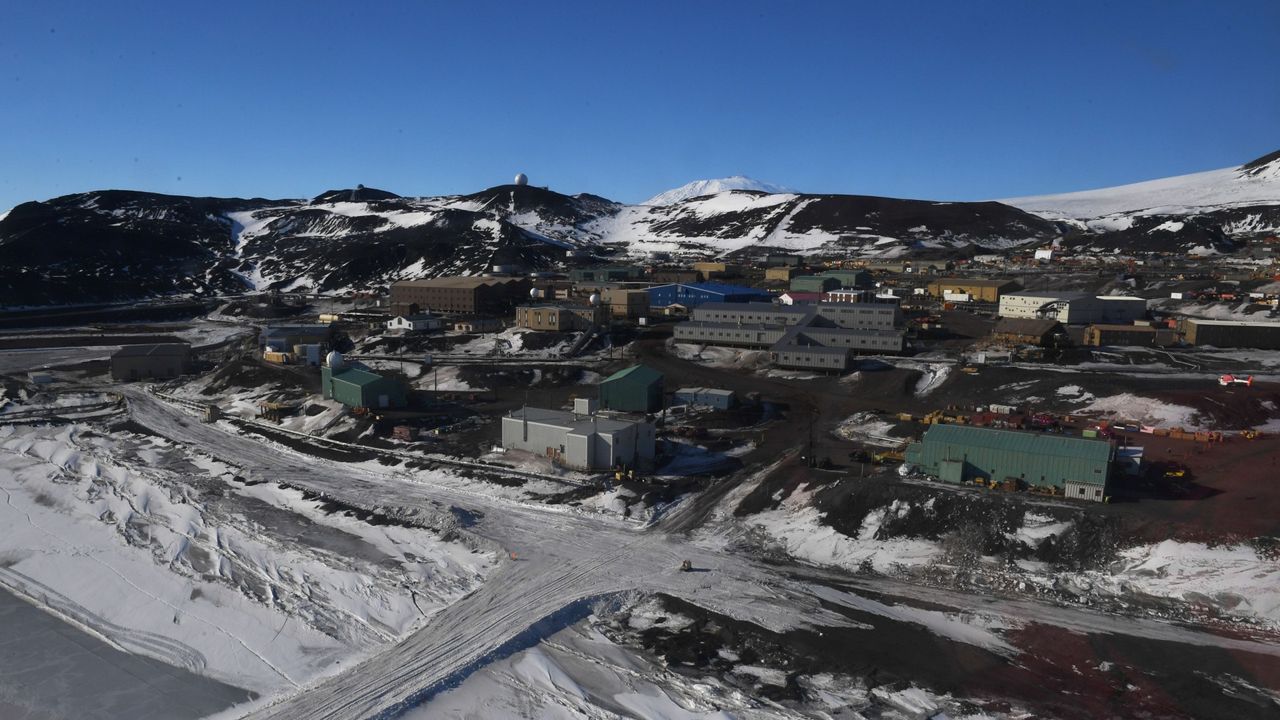A recent survey conducted by the U.S. National Science Foundation (NSF) has revealed alarming rates of sexual harassment and assault among participants in Antarctic research expeditions. The findings indicate that more than 40 percent of respondents reported experiencing such incidents during their time in the region. This data raises significant concerns about how similar issues might surface in future manned missions to the moon and Mars, where isolated environments will closely resemble those found in Antarctica.
The survey, part of an effort to improve safety in remote environments, was released in July and involved 2,760 individuals who deployed with the NSF Office of Polar Programs between 2022 and 2024. Approximately 25 percent of those surveyed completed the questionnaire. Among those who participated in the “victimization inventory,” 40.7 percent reported having experienced at least one instance of sexual assault or harassment, with over half of those affected being female.
Commitment to Safety and Prevention
Following the report, NSF expressed its commitment to fostering a culture free from sexual violence within its funded activities. An NSF spokesperson stated, “NSF is dedicated to keeping the U.S. Antarctic Program (USAP) community safe.” The foundation aims to collaborate with other organizations operating in remote environments to improve assessment, prevention, and follow-up measures.
The survey findings have also sparked discussions among experts. Asa Rennermalm, a physical geographer and polar scientist at Rutgers University, highlighted the importance of such surveys in addressing harassment issues that have historically been overlooked. “Surveys like this play a critical role in documenting lived experiences that have too often been ignored or minimized,” Rennermalm noted in a report by Nature.
While the NSF’s survey is a significant step forward, it comes amid concerns about potential budget cuts and scrutiny from the House Committee on Science, Space, and Technology. The committee has been investigating the management of the USAP following a 2022 report detailing instances of sexual assault and harassment during NSF activities in Antarctica. The committee identified “serious deficiencies” in NSF’s management and made recommendations for improvement.
Understanding Isolated Environments
Antarctica serves as a critical analog for future space missions due to its extreme isolation and confinement. Environments classified as Isolated, Confined, and Extreme (ICE) present unique challenges for human behavior and mental health. Research indicates that individuals in these settings require specialized training and screening to effectively cope with the stressors of long-duration missions.
NASA has long integrated studies of ICE to enhance astronaut training and living conditions. Crews aboard the International Space Station (ISS) undergo rigorous preparation, including simulated environments such as caves and underwater habitats. Psychologists regularly check in with astronauts, ensuring mental well-being during extended missions.
The NSF survey aimed not to represent the specifics of space flights but to provide insights that could benefit other organizations in similar remote contexts. Recommendations from the survey include increasing formal reporting of incidents, improving trust and accountability, and enhancing bystander intervention training. The NSF has already begun implementing some of these recommendations, including case tracking for incidents and improved training for bystanders.
In conclusion, the NSF’s findings underscore the urgent need for improved safety measures in isolated research environments. As plans for lunar and Martian outposts progress, the lessons learned from Antarctica could prove invaluable in ensuring the safety and well-being of future explorers. The NSF has committed to leveraging the survey results to foster continuous program improvement and support those who have experienced harassment.
